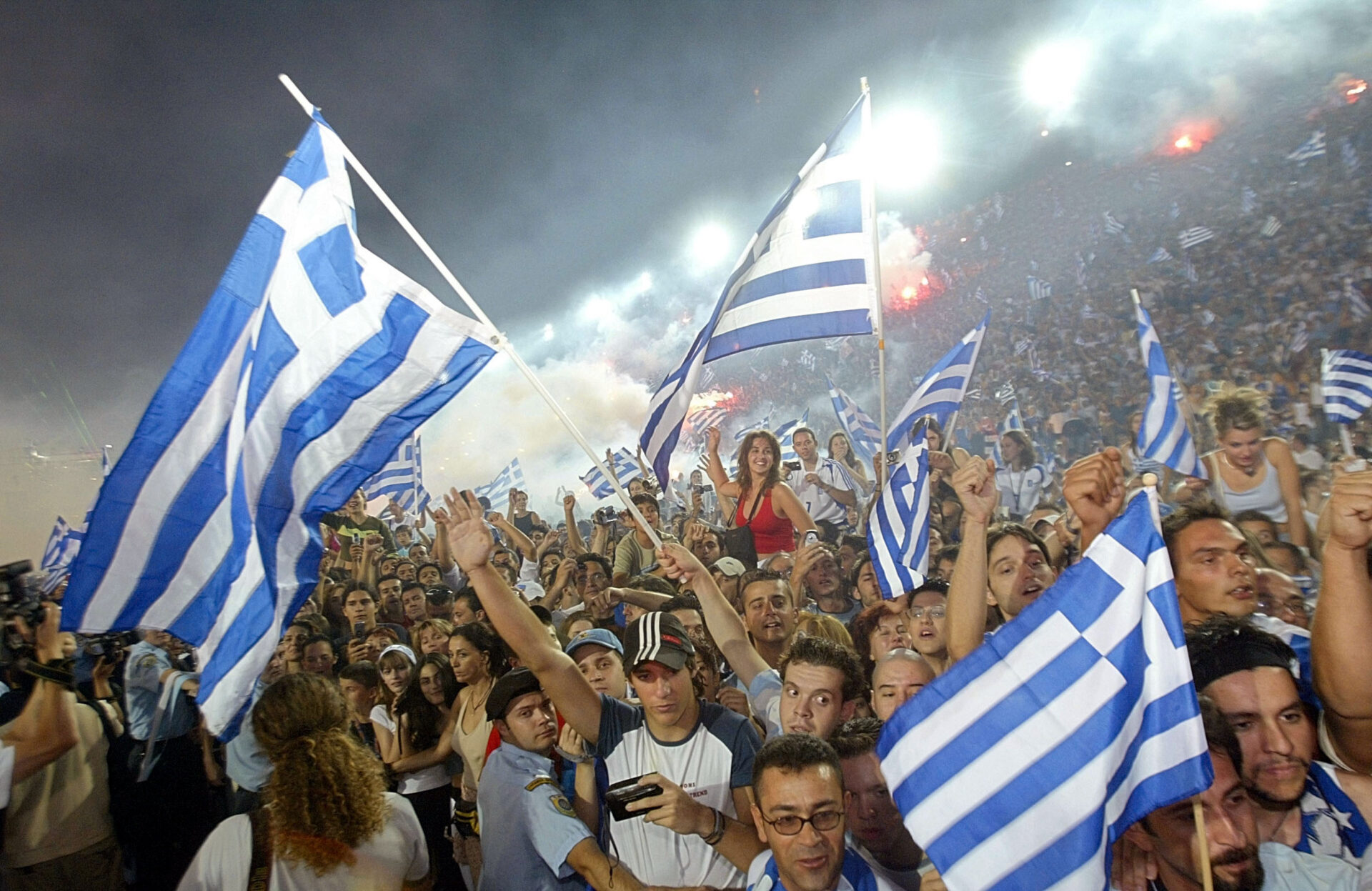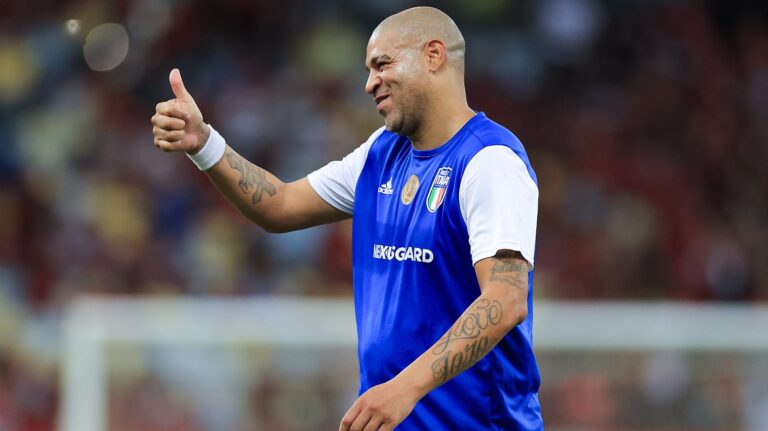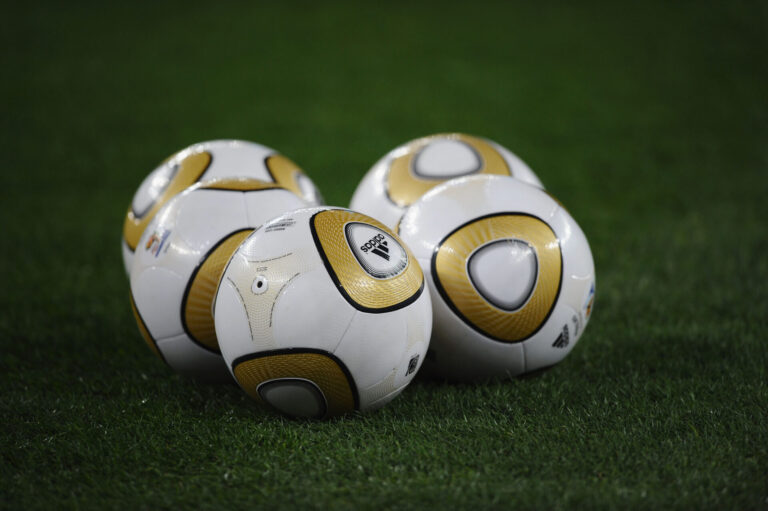EURO 2004: The Greek Myth That Came True
“Someone said we will be like Gods in Greece after this,” said Greece boss Otto Rehhagel after his side turned their impossible dream into a reality.
The date is July 4th 2004 and the final of EURO 2004 is set to take place in Lisbon. Host nation Portugal are the heavy favourites for the trophy. Their opponents? Greece. A team that, until now, had never recorded a win at a major tournament. So let’s take a look at how this miracle unfolded.
Despite a poor start, Greece eventually enjoyed a table-topping qualification campaign. Having started with a 2-0 loss at home to Spain and another 2-0 loss away to Ukraine, things looked rather bleak for Rehhagel’s men. However, they would go on to finish at the top of Group 6 during qualification for the EURO’s as they won their next six games. This saw Greece qualify for the first time since 1980’s tournament in Italy, which saw them exit the group stage with a dismal one point.
The Golden Rule
It’s often said that the “golden rule” of tournament football is to be defensively solid first of all and build off of that; after all, if you don’t concede, you only need to score once to win the game. Greece really cemented that idea as they lined up with a 4-2-3-1 style system. This allowed them to utilise two defensive midfielders, Basinas and Zagorakis, in front of a strong back four. Strong at the back and clinical in attack, Greece would go on to only concede four goals from their seven games at the tournament.
6″3 Centre-forward Angelos Charisteas operated as the focal point of any long balls forward. This meant that he often held the ball up for runners to go beyond him or knock the ball to them if they were operating in a closer support role. Basinas and Karagounis were there to provide a little more support for defence or attack when needed.
While their shape would change depending on the task they had, the philosophy remained the same throughout the tournament, keep it tight at the back and utilise Charisteas’ height and strength to build attacks. Greece were also a huge threat from set-pieces, most notably scoring the winning goal against Portugal in the final from their only corner of the match.
Surviving The Group Of Death in EURO 2004
Greece would be drawn in the “group of death” for the EURO finals. Meaning they had to face off against hosts Portugal as well as Spain and a tricky tie with Russia in their final group game. Greece would amass four points from their group games, having beaten Portugal to open the tournament and drawn 1-1 with Spain. They finished second in the group ahead of Spain due to goals scored, with both teams having the same number of points and the same goal difference. Greece were heading for the quarter-finals!
Toppling The Trophy Holders
Next up for this plucky Greek side was a huge clash with reigning champion France, who not too long ago had won two successive international tournaments. The 1998 World Cup in France and EURO 2000 in Belgium. This, of course, meant that France were the favourites going into this tie. Le Bleus boasted incredible talent such as Zinedine Zidane, as well as Robert Pires and Thierry Henry, who were fresh off the back of Arsenal’s invincible season.
However, it would turn out to be Greece centre-forward Angelos Charisteas who would be the difference-maker, as his 65th-minute goal gave Greece a 1-0 win at the Estadio Jose Alvalade in Lisbon. Qualifying for the semi-final was a massive achievement in itself for Greece, as it was the furthest they’d ever gotten in the competition.
Next Goal Wins
Greece would meet the Czech Republic in the semi-final, who themselves were on a bit of an unlikely run to get to this point. It was an interesting tie, as it was David vs. David rather than David vs. Goliath that we see so often in these international tournaments. Following a goalless 90 minutes in Porto, the game would head into extra time.
At the time, it was silver goal rules, meaning if one team was winning by the end of the first half of extra time, they would be heading to the final in Lisbon to take on Portugal. After 106 minutes of football, Greece found the breakthrough thanks to 6″5 centre half Traianos Dellas, who headed home from a corner to send Greece to the final of the EURO’s! While it was a silver goal, his late strike was essentially a golden one.
READ MORE: The Irish Man Who Invented The Penalty Kick: William McCrum
A Date With Destiny
Three days later, the day of destiny arrived. A rematch of the tournament’s curtain-raiser with Portugal was all that stood between Otto Rehhagel’s men and the trophy. Greece had the edge mentally, as they had run out 2-1 winners over Portugal in their match earlier in the tournament. After a cagey first half, the score was 0-0 until the 57th minute.
At this point, Angelos Charisteas would step up once again and give his side the lead as he beat the Portugal goalkeeper Ricardo to the ball from a corner and headed home. This was Greece’s only shot on target of the match, from their only corner of the match, whilst Portugal would hit the target five times without finding the back of the net. After the match, Charisteas would go on to call it a “unique moment” as well as the best moment of his career.
Thirty-three minutes later, the full-time whistle was blown and Greece had done it. The impossible dream had become an astonishing reality. Following the full-time whistle, head coach Otto Rehhagel said, “There are always suprises…this time we were the surprise.”
As captain Theodoros Zagorakis lifted the trophy high into the air, international football’s greatest fairytale had it’s perfect ending.









One Comment